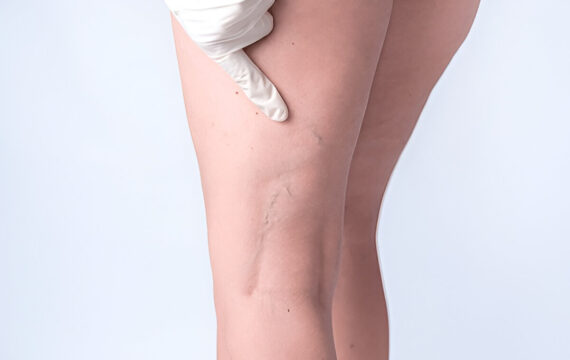Many people experience a cracking or popping sensation in their lower back, often leading to concerns about its implications. While it can be alarming, this common phenomenon usually has benign causes. Understanding what it means and when to worry can help alleviate anxiety and promote better back health.
What Causes Lower Back Cracking?
Gas Bubbles in the Joints
One of the most common reasons for the cracking sound in the lower back is the release of gas bubbles from the synovial fluid in the joints. This process, known as cavitation, occurs when there is a sudden change in joint pressure, leading to the formation and collapse of gas bubbles. It is similar to the cracking sound when you pop your knuckles and is generally harmless.
Ligament or Tendon Movement
Another cause of cracking in the lower back is the movement of ligaments or tendons over bony prominences. When a ligament or tendon moves across a bone, it can create a snapping or popping sound. This is often experienced during stretching or changes in position and is typically not a cause for concern.
Joint Dysfunction
Dysfunction in the joints of the spine, such as facet joints or the sacroiliac joint, can also lead to cracking sounds. This type of cracking is often associated with stiffness or discomfort and may indicate issues like joint degeneration or inflammation.
Muscle Tightness or Imbalance
Tight or imbalanced muscles can contribute to the sensation and sound of cracking in the lower back. Muscles that are too tight can pull on the spine and other structures, leading to occasional pops or cracks, especially during movement or stretching exercises.
When to Worry
While most instances of lower back cracking are harmless, there are certain situations where it may indicate a more serious issue that requires medical attention.
Persistent Pain
If the cracking sound in your lower back is accompanied by persistent or worsening pain, it could be a sign of an underlying problem such as a herniated disc, spinal stenosis, or arthritis. Chronic pain that does not improve with rest or over-the-counter pain relief should be evaluated by a healthcare professional.
Limited Mobility
Experiencing difficulty moving or reduced range of motion in your lower back, along with cracking sounds, may indicate joint or soft tissue problems. Conditions such as ankylosing spondylitis or severe muscle imbalances can restrict movement and require medical intervention.
Numbness or Tingling
Cracking in the lower back accompanied by numbness, tingling, or weakness in the legs or feet is a red flag. These symptoms could suggest nerve impingement or damage, often associated with conditions like sciatica or spinal disc issues. Immediate medical evaluation is recommended in such cases.
Swelling or Redness
Visible swelling or redness in the lower back, along with cracking sounds, can be a sign of inflammation or infection. Conditions like spondylitis or spinal infections need prompt medical attention to prevent further complications.
Conclusion
Cracking in your lower back is often a benign occurrence caused by gas bubbles, ligament movement, or muscle tightness. However, it is important to be aware of accompanying symptoms such as persistent pain, limited mobility, numbness, tingling, or swelling, which may indicate a more serious condition. By maintaining a healthy lifestyle and seeking medical advice when necessary, you can ensure your lower back remains in good health. If you have concerns about lower back cracking, don’t hesitate to contact a healthcare professional for a thorough evaluation and appropriate guidance.





 Arabic
Arabic English
English Spanish
Spanish